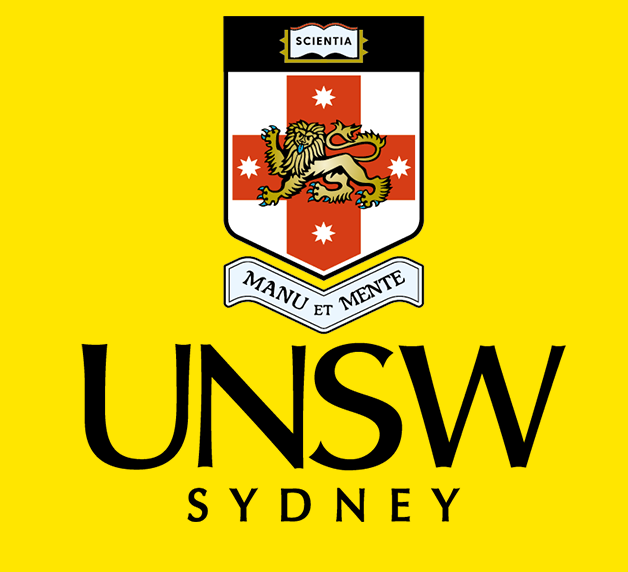The UNSW Master of Engineering Science (Nuclear Engineering) is designed for students who want to understand nuclear concepts that form the foundation of our universe. Through this degree you'll develop the skills to apply these concepts to a variety of industries today and the technologies of the future. This postgraduate degree teaches you the underpinning theory behind nuclear engineering techniques, technologies and processes.
This degree also provides a stream that allows graduates from traditional engineering disciplines to pursue a career in high-tech industries including nuclear science, nuclear medicine, mining and resources, energy, manufacturing, aerospace, space exploration and defence. You'll learn from national and international experts in the sector, including nuclear researchers from UNSW Sydney and the Australian Nuclear Science and Technology Organisation, plus shared courses with the UNSW-ASU-King's College PLuS Alliance.
The two-year postgraduate degree, taught by the School of Mechanical and Manufacturing Engineering, features complex, open-ended, enquiry-based projects. You'll develop knowledge and skills in topics such as:
- Societal, economic and environmental considerations
- Nuclear reactor theory
- Nuclear engineering design
- Nuclear materials
- Systems engineering
- The uranium and thorium fuel cycles
- Life cycle management
- Nuclear safety
- Nuclear security and safeguards
- Societal, economic and environmental considerations
